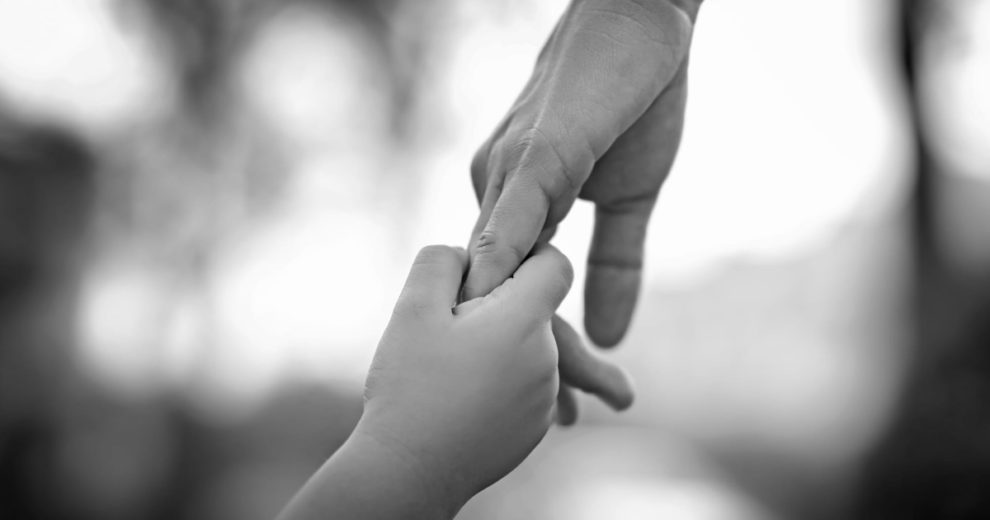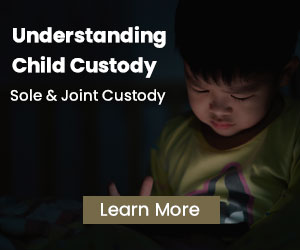Parenting When You’re Heartbroken: Do’s and Don’ts

Grieving a relationship takes over your mind, heart, and body. At the same time, parenting is all about putting others first.
How can we focus on our own grief while doing the most selfless job there is? And how should we go about it?
The Physical and Emotional Toll of Breakups
The aches and pains of a breakup can be deep; the hurt is not just in the mind but actually felt in the body. A 2010 study found that scientists studying “rejected individuals” found activity in brain regions associated with actual physical pain and cocaine addiction. The researchers concluded that romantic heartbreak can trigger clinical depression, addictive behaviors, and even suicide.
The Impact on Children
Among the most frequent side effects of grief while parenting include sadness, irritability, fatigue, and distractedness. Generally, parents tend to pretend that everything is okay. But kids are way more hip to our feelings than we think.
When we try to hide our grief, we’re not that successful at doing it, and it usually comes out in other ways.
Children, on the other hand, will often perceive the most subtle changes in their parents’ behavior. Kids are developmentally self-centered by nature and generally overestimate their ability to control the world around them.
If parents don’t tell kids why they’re upset, kids may come up with their own reasons, including that they’re the cause of the problem.
Teaching Resilience and Empathy
Parents are teachers as much as caregivers, and our children learn to navigate life’s challenges by watching us. Kids can get a road map for how to handle painful emotions.
What children see is their most meaningful role model going through something hard and overwhelming, and learning that it’s okay to not know what to do.
It’s okay to be devastated and it’s a normal part of life to take these challenges and get help from someone else.
And, when kids witness a parent grieving, they have an opportunity to practice empathy with a loved one in pain. They learn that our feelings change throughout life, but don’t define us.
Sharing Your Sadness with Your Children
If parents hide their true feelings from their children, the kids falsely believe that their parents are always in control of their emotions. If you never see your parents struggling with real world things, you don’t get a model for how to do that yourself.
Just say it in a child-friendly way. How do we explain big problems to little people? Take into consideration that the child is at an age and explain the situation in a way that he or she can understand.
Managing Emotions
Manage how and when you share your feelings. It’s not just how we say it, but how much we share that must be scaled according to the child’s age.
Keep it simple, choose how much you share on a need-to-know basis, and be watchful for signs of overwhelm in your child.
Several short conversations might be more digestible than one dramatic sit down.
Stay in control. Parents should send kids the message that they are hurting but still able to take care of themselves and continue being capable parents. If you feel too distraught, wait until you are more composed.
Anyone who’s seen a kid bang into something and then dust himself off with barely a peep can confirm that. Most children move through a world full of distractions, and many learn to compartmentalize effectively. This can serve them — and us — well.













